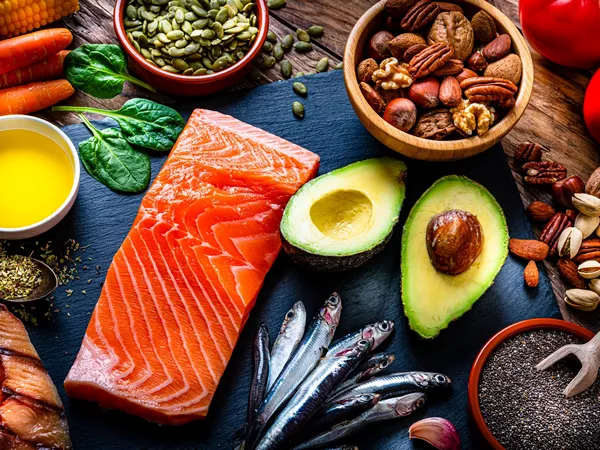FAQs
How overweight is too overweight for pregnancy?
It’s essential to consult with a healthcare provider to determine if your weight poses risks. Generally, a BMI over 30 is considered obese, which can increase the likelihood of pregnancy complications. However, individual health factors also play a significant role.
How do I keep my weight down during pregnancy?
Focus on a balanced diet rich in fruits, vegetables, lean proteins, and whole grains. Incorporate regular exercise, such as walking or prenatal yoga, with your doctor’s approval. Avoid empty calories from sugary snacks and prioritize nutrient-dense foods to support a healthy weight.
What can a pregnant woman eat to reduce the weight of the baby?
Opting for nutrient-dense foods like fruits, vegetables, lean proteins, and whole grains can help manage overall weight gain. However, it’s crucial not to restrict necessary nutrients for the baby’s growth. Consult a healthcare provider or a nutritionist for personalized advice on maintaining a healthy weight during pregnancy.
Related topics:
- Best Daily Vitamins for Women Over 50: A Comprehensive Guide
- Choosing DHEA Supplements for Menopause: Step-by-Step Tutorial
- Navigating Menopause: Your Guide to Diet and Exercise


